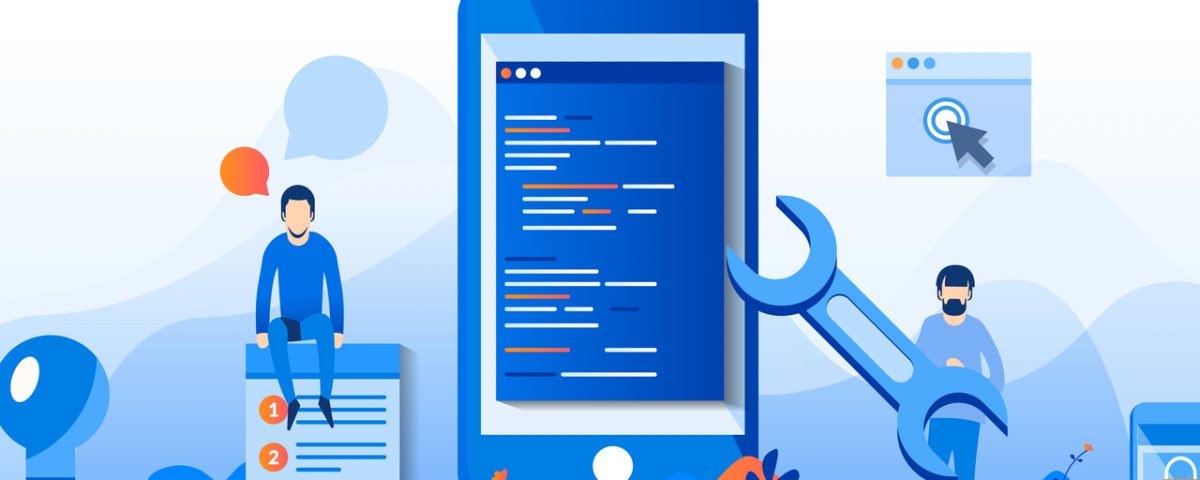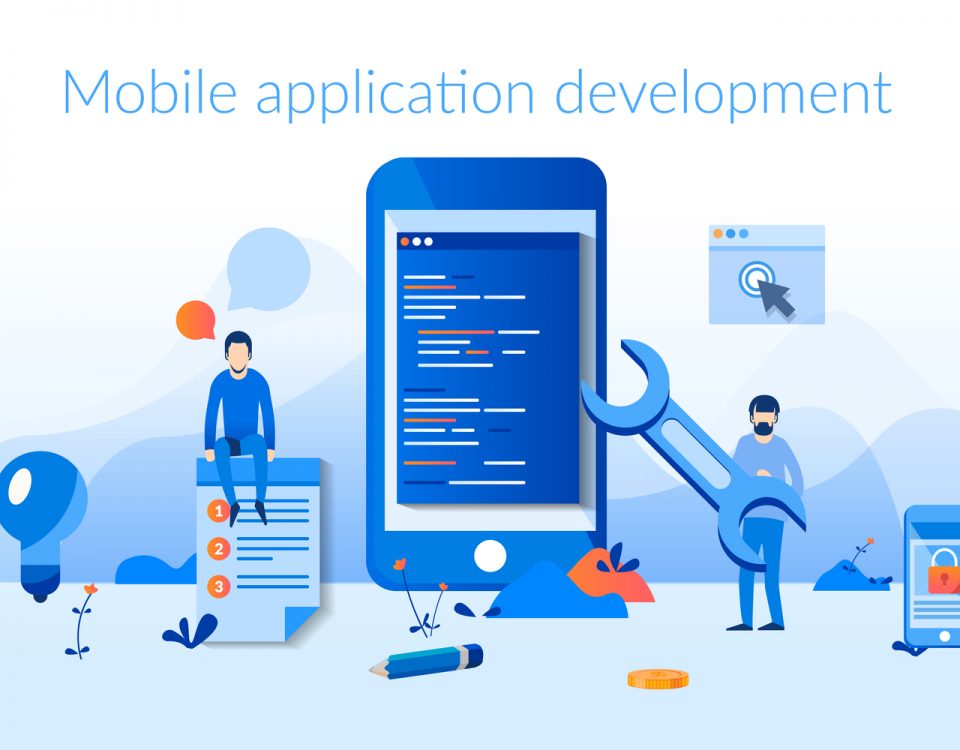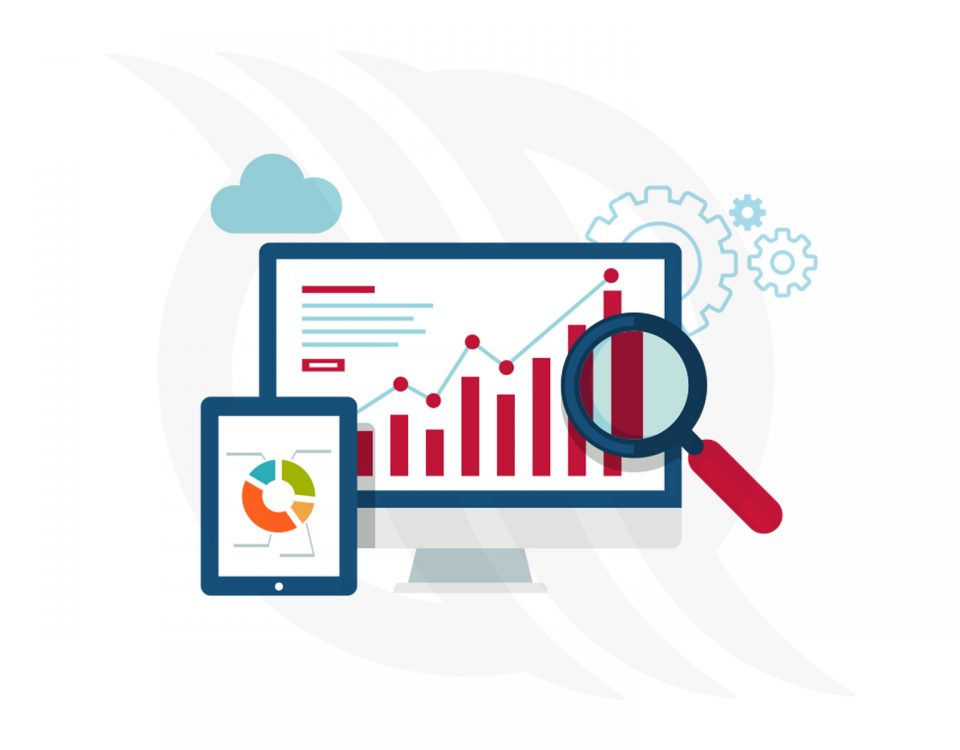Mobile App Development
Mobile App Development is the process of designing an app for mobile devices.
It can be either installed during manufacture or the user can do it themselves. Thus, it needs a software that can be installed in a mobile device and has backend services for accessing data through APIs and then should be able to test them on your target mobile device. there is one very crucial step to never forget and that is to understand your user.
This is your Strategy. Your App is going to be used by someone and you need to know who that is well before moving forward. Thus, ask questions like what all apps they like and dislike to use. After getting answers to questions like that, create a user persona. Trust me it makes things a lot easier for you. Then research your competition, after that set your app’s goals and objectives. Don’t forget your budget. The cost of creating an App, ranges from $150,000 to $20,000. It takes around six months to develop your mobile app as well. So be careful and have a clear idea in your mind about your app. The very next thing that you should look into is the platform in which the mobile app development is going to take place. There are mainly two platforms used; iOS from Apple and Android from Google. iOS is exclusively for Apple’s devices whereas Android is open to any that meets their requirements. After this step you can decide on the type of app that you want to design for your user persona to love it. There are mainly four types of approaches to mobile app development and they are; native mobile applications, Cross-Platform Applications, Hybrid Mobile Applications and Progressive Web Applications. Remember your analyzing and planning needs to be perfectly detailed. So, for that you need to create a product roadmap which should contain the vision, direction and progress of your app over time. Next, create an idea or work on creating an MVP (minimum viable product) that you can launch initially. You decide on your App’s name here. Be very careful with it though because it is very similar to domain names in the fact that it should be unique and should not be in use already. The next step is your Design.
Based on your preference it can be UI/UX Design. Deciding on your design is super important because it is one of the most important deciding factors to making or breaking your success story. Then, design your Data’s structure and Workflows. Here, you need to ask questions like how much data will be displayed, retained etc. This would define your user’s whole experience with your app. What is the next step? It is to naturally design the Wireframe for you to proceed with your mobile app development. This is the conceptual visual lay-out to make it more user friendly. Then decide on your Style Guides. Here, you decide on your fonts, the color scheme and how your company’s brands should be reflected in your app. Then comes the Mockups where your final visual displays are decided on. You can then create the prototype using tools like Invision or Figma. Now decide on your API (Application Programming Interface), Front End and Back End of your Mobile App Development.
The Back end is where all the database and supporting functions of your mobile app comes into play and it can be written in any language. The Front end on the other hand, is what the user sees and interacts with in the app but is very specific in the language that is used to make it. For Apple it can be Swift or Objective C whereas for Androids it can only be Java or Kotlin. Flutter can be used for both. The key is picking the one that is the most suitable for your app. After you are done with all that, it is finally time to test your product.
You need to perform a quality assurance test (QA). For that you need to prepare test cases to test all the aspects of the app. There are five different tests that must be done and these are; User Experience Testing, Functional Testing, Performance Testing, Security Testing and finally Device and Platform Testing. In User Experience Testing, you check whether the app functions the way it was supposed to do according to the designs laid out by the design team in the beginning stages of the mobile app development. The Functional Testing checks whether the user can navigate the app’s features and functionality without any issues. It can be further broken down into System testing and Unit Testing. In system testing, tests are conducted to check whether the app as a whole works properly or not, whereas in unit testing, tests are conducted to check whether the individual operations are working the way it is supposed to work. If you are going to build two different versions of your app for both Android and iOS, then you need to do a comparative study of both versions of your app.
In Performance Testing, you need to check whether the app is working properly as it is supposed to or not. The quantitative criteria include the answers to questions such as “Is the app responding well to the user’s requests?”, “Is the App’s screen loading fast enough?”. Try to make simulations which checks whether the apps load properly during maximum usage as well. This is very important to determining the proper launch. In security testing you check whether the App is secure enough or not. Sometimes outside help are also used here. The last and finale test must be conducted to understand whether it works for all the different mobile devices of the users.
Now that the testing is over, it is time for deployment. For that you need a developer’s account in Apple App store or Google Play according your app’s specifications. Include metadata such as description, category, screenshots etc. If you are not interested in doing everything yourself, choose App developers.
There are mainly four types of app developers. Enterprise (in- house) where large companies do everything by themselves, Enterprise (out-house) where you employ multiple freelancers to do the job for you, Boutiques (small two-person team) and finally Freelancing where you find one person willing to do every single step of the mobile app development themselves. Some of the top app development companies include AppMaisters, HQSoftware, Uinno etc.







